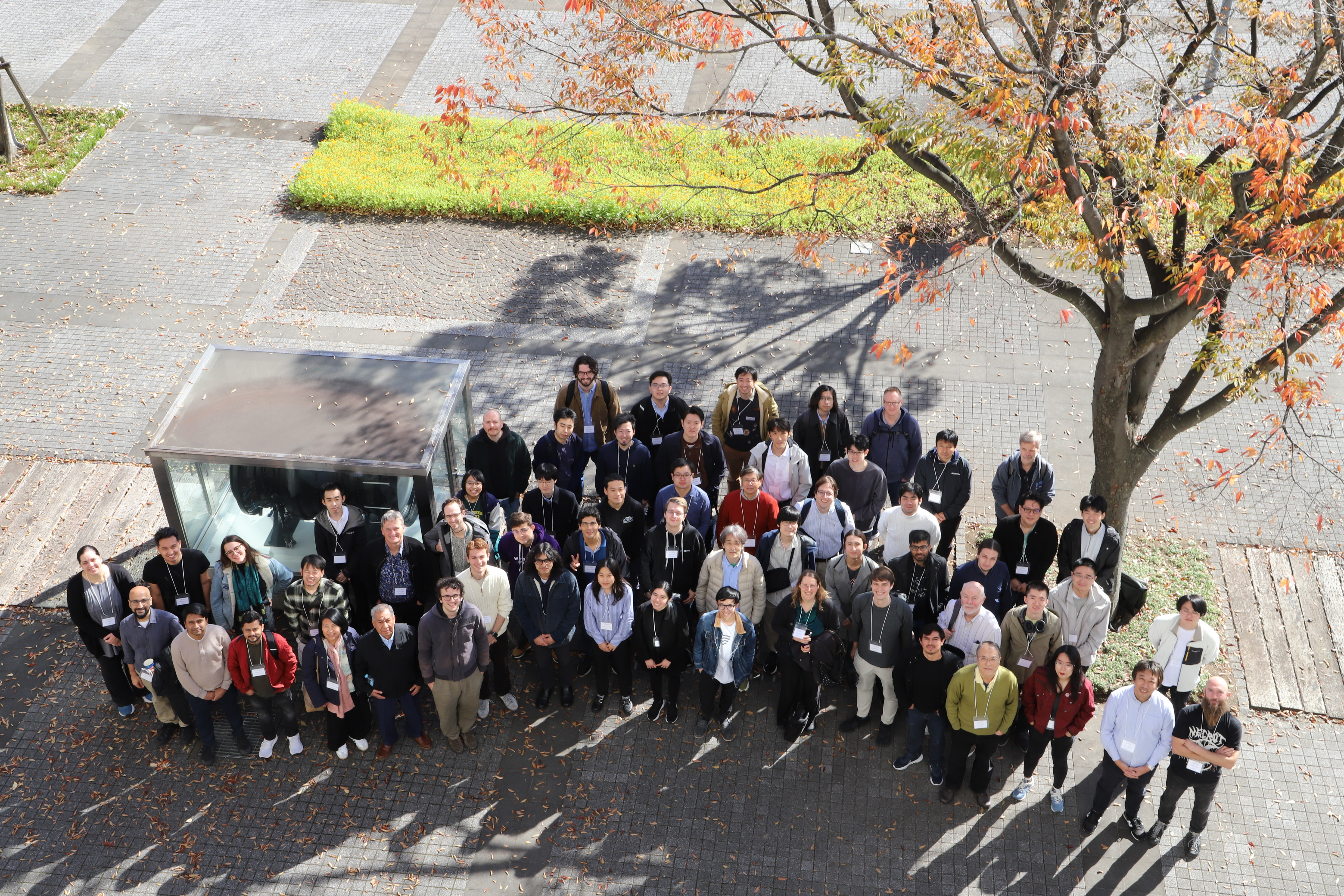Speaker
Description
Physics-informed neural networks (PINNs) have emerged as a powerful tool for solving differential equations by integrating physical laws into the learning process. This work leverages PINNs to simulate gravitational collapse, a critical phenomenon in astrophysics and cosmology. We introduce the Schrödinger–Poisson (SP) informed neural network which solves the nonlinear SP equations to simulate the gravitational collapse of fuzzy dark matter (FDM) in both 1D and 3D settings. The results demonstrate accurate predictions of key metrics such as mass conservation, density profiles, and structure suppression, validating against known analytical or numerical benchmarks. This work highlights the potential of PINNs for efficient, possibly scalable modeling of FDM and other astrophysical systems, overcoming the challenges faced by traditional numerical solvers due to the nonlinearity of the involved equations and the necessity to resolve multiscale phenomena, especially resolving the fine wave features of FDM on cosmological scales. Next steps include full cosmological FDM simulations using physics informed generative modeling.

